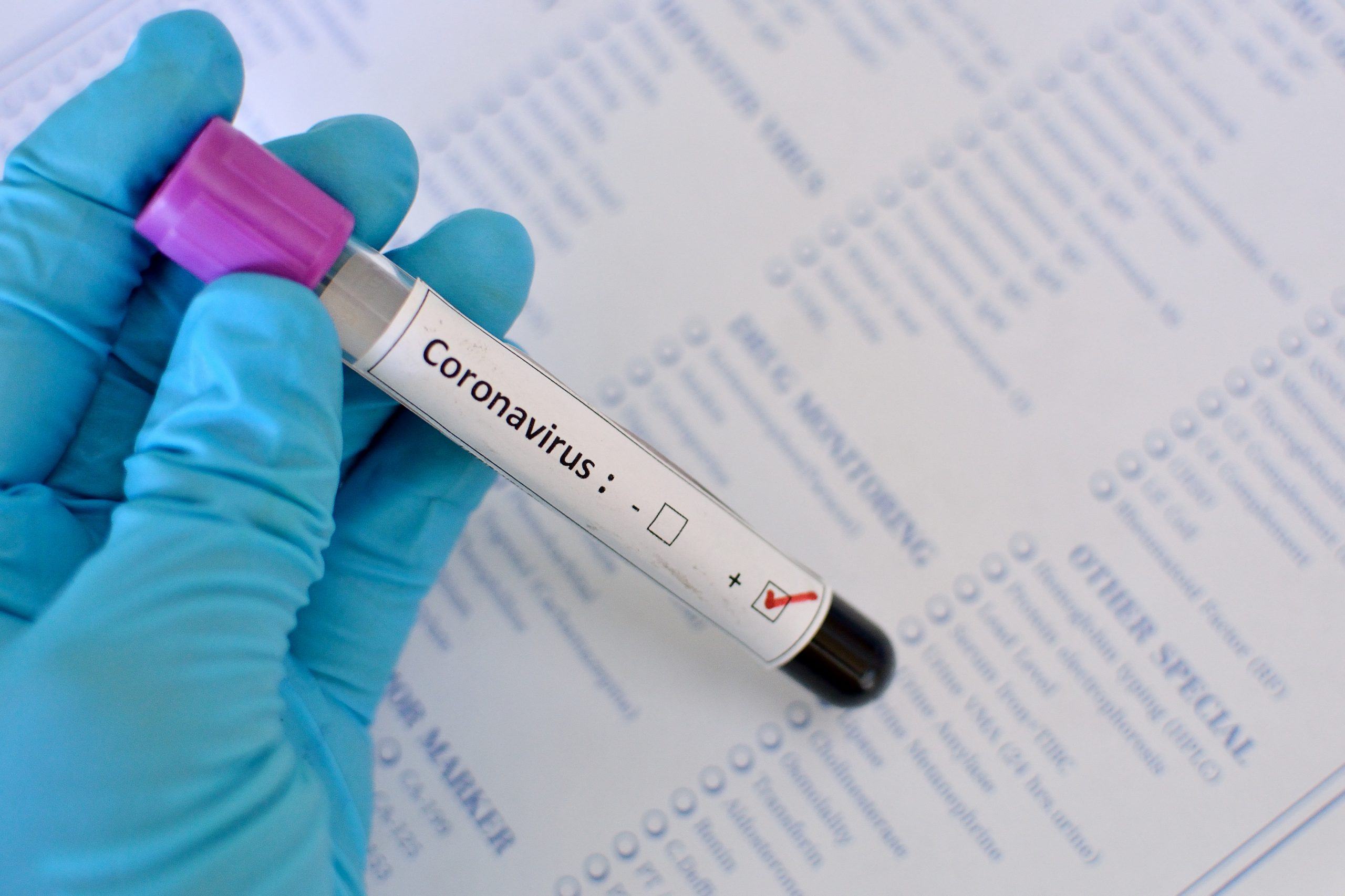
Coronavirus Nigeria
He recently revealed that the government is closely monitoring all the students both in private and government schools to make sure the virus does not spread.
According to him, the leaders in the state will ensure there is strict compliance to COVID-19 protocols in the schools.
He then added that old students and alumni of schools should never forget that they always need to assist their alma mater.
What do you think?
Coronaviruses are a group of related viruses that cause diseases in mammals and birds. In humans, coronaviruses cause respiratory tract infections that can be mild, such as some cases of the common cold (among other possible causes, predominantly rhinoviruses), and others that can be lethal, such as SARS, MERS, and COVID-19. Symptoms in other species vary: in chickens, they cause an upper respiratory tract disease, while in cows and pigs they cause diarrhea. There are yet to be vaccines or antiviral drugs to prevent or treat human coronavirus infections.
Coronaviruses constitute the subfamily Orthocoronavirinae, in the family Coronaviridae, order Nidovirales, and realm Riboviria. They are enveloped viruses with a positive-sense single-stranded RNA genome and a nucleocapsid of helical symmetry. The genome size of coronaviruses ranges from approximately 27 to 34 kilobases, the largest among known RNA viruses. The name coronavirus is derived from the Latin corona, meaning “crown” or “halo”, which refers to the characteristic appearance reminiscent of a crown or a solar corona around the virions (virus particles) when viewed under two-dimensional transmission electron microscopy, due to the surface covering in club-shaped protein spikes.
Human coronaviruses were first discovered in the late 1960s. The earliest ones discovered were an infectious bronchitis virus in chickens and two in human patients with the common cold (later named human coronavirus 229E and human coronavirus OC43). Other members of this family have since been identified, including SARS-CoV in 2003, HCoV NL63 in 2004, HKU1 in 2005, MERS-CoV in 2012, and SARS-CoV-2 (formerly known as 2019-nCoV) in 2019. Most of these have involved serious respiratory tract infections.
![DJ Baddo – All Of Me Remix ft John Legend [AuDio]](https://www.naijavibe.net/wp-content/uploads/wordpress-popular-posts/94409-featured-40x40.jpg) DJ Baddo – All Of Me Remix ft John Legend [AuDio]
DJ Baddo – All Of Me Remix ft John Legend [AuDio] ![Drake - One Dance ft Wizkid & Kyla [AuDio]](https://www.naijavibe.net/wp-content/uploads/wordpress-popular-posts/124692-featured-40x40.jpg) Drake – One Dance ft Wizkid & Kyla [AuDio]
Drake – One Dance ft Wizkid & Kyla [AuDio]  Dj Kamol – Crazy Gyration ft Skailey Normal [AuDio]
Dj Kamol – Crazy Gyration ft Skailey Normal [AuDio] ![Mr. Charis - All Back ft Zouwrah [AuDio]](https://www.naijavibe.net/wp-content/uploads/wordpress-popular-posts/67331-featured-40x40.jpg) Mr. Charis – All Back ft Zouwrah [AuDio]
Mr. Charis – All Back ft Zouwrah [AuDio] ![Davido - Aye [AuDio]](https://www.naijavibe.net/wp-content/uploads/wordpress-popular-posts/38417-featured-40x40.jpeg) Davido – Aye [AuDio]
Davido – Aye [AuDio] ![K-Solo - Yolo ft Klever Jay, Legely, Tea Jazz & Small Doctor [AuDio]](https://www.naijavibe.net/wp-content/uploads/wordpress-popular-posts/127832-featured-40x40.jpg) K-Solo – Yolo ft Klever Jay, Legely, Tea Jazz & Small Doctor [AuDio]
K-Solo – Yolo ft Klever Jay, Legely, Tea Jazz & Small Doctor [AuDio]  Sauti Sol – Live and Die in Afrika [Album]
Sauti Sol – Live and Die in Afrika [Album] ![Burna Boy – Yawa Dey [AuDio]](https://www.naijavibe.net/wp-content/uploads/wordpress-popular-posts/20589-featured-40x40.jpg) Burna Boy – Yawa Dey [AuDio]
Burna Boy – Yawa Dey [AuDio]  Ruger, D’Prince & Rema – One Shirt
Ruger, D’Prince & Rema – One Shirt ![Dj Baddo - Best Of 2Face [MixTape]](https://www.naijavibe.net/wp-content/uploads/wordpress-popular-posts/95030-featured-40x40.jpg) Dj Baddo – Best Of 2Face [MixTape]
Dj Baddo – Best Of 2Face [MixTape] ![Funbi - Hallelujah [AuDio]](https://www.naijavibe.net/wp-content/uploads/wordpress-popular-posts/132478-featured-40x40.jpg) Funbi – Hallelujah [AuDio]
Funbi – Hallelujah [AuDio]  Seyi Shay & Yemi Alade – Pempe
Seyi Shay & Yemi Alade – Pempe
 NaijaVibe NaijaVibe | Download Latest Nigerian Music & Mp3s
NaijaVibe NaijaVibe | Download Latest Nigerian Music & Mp3s



